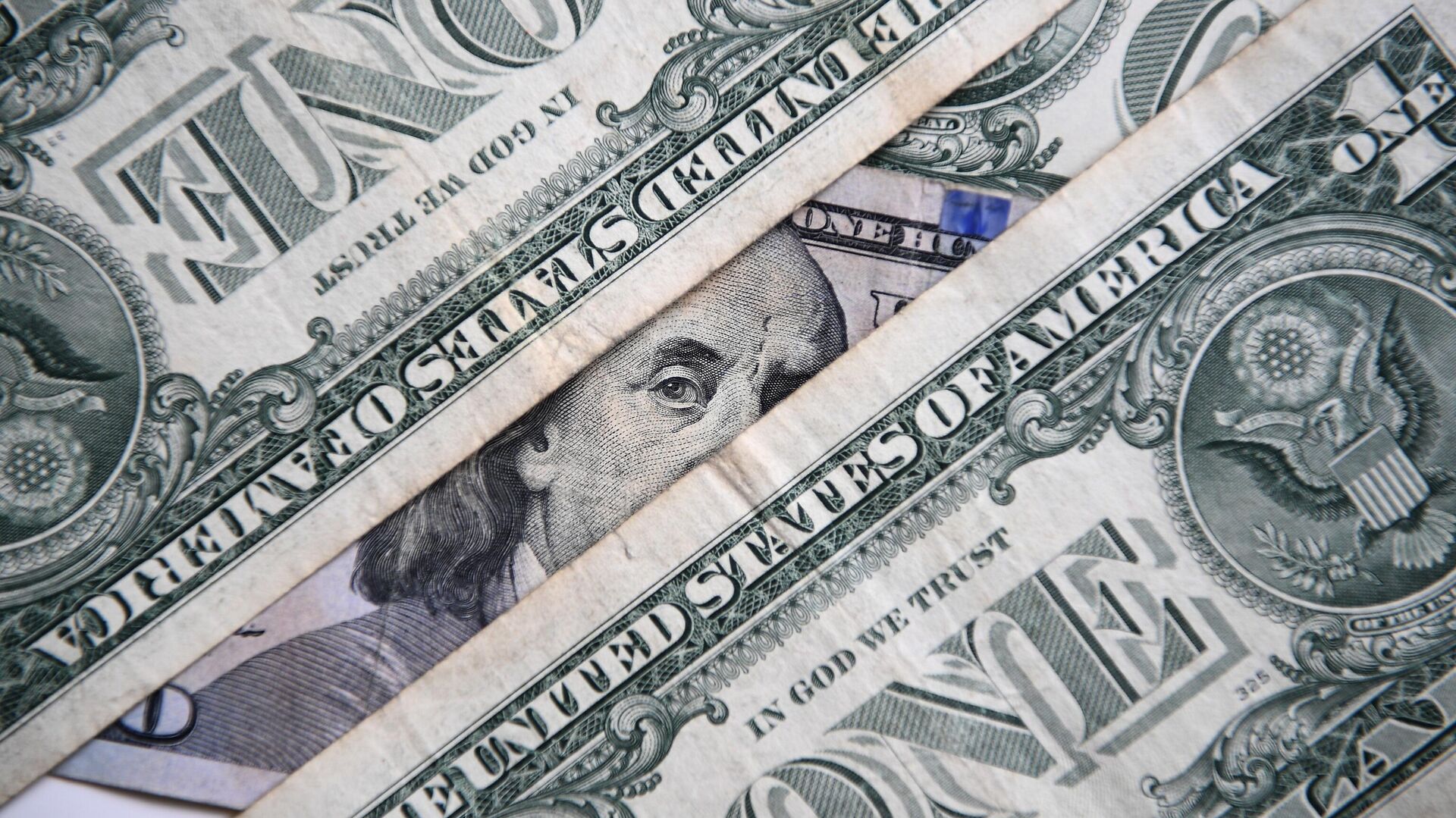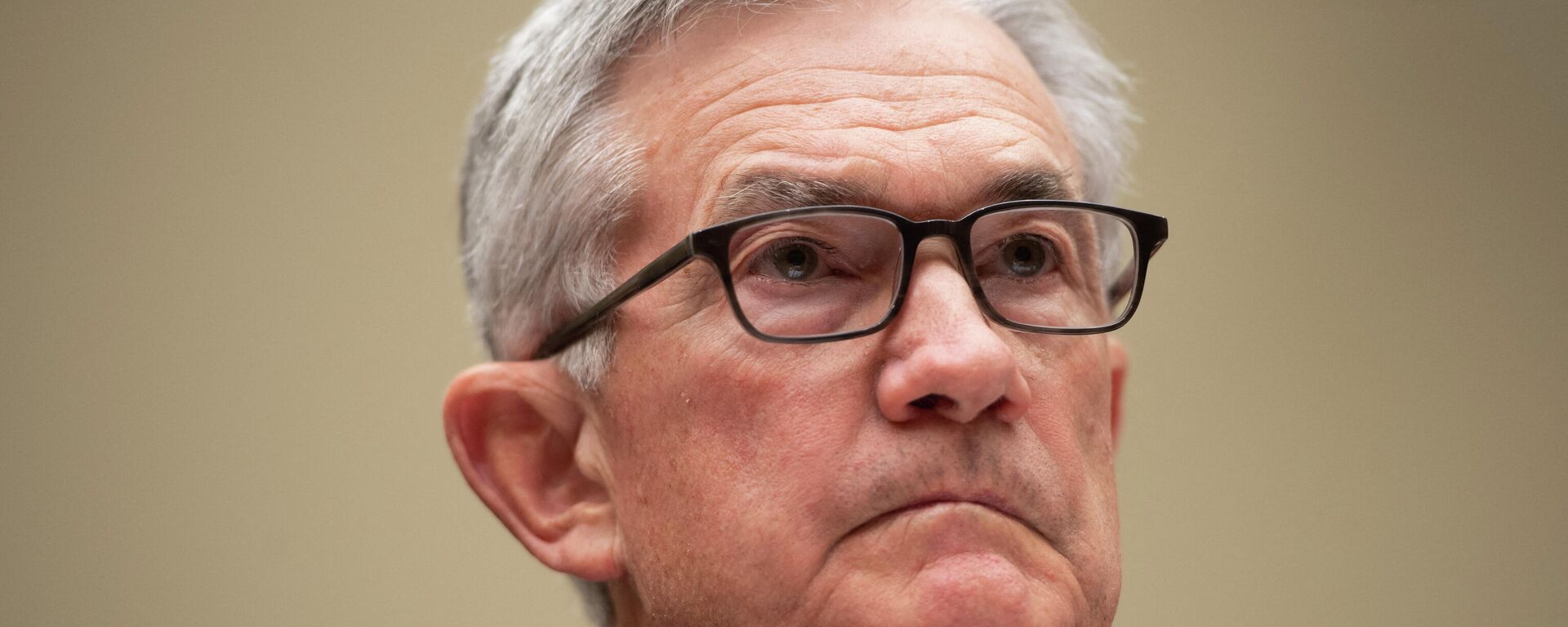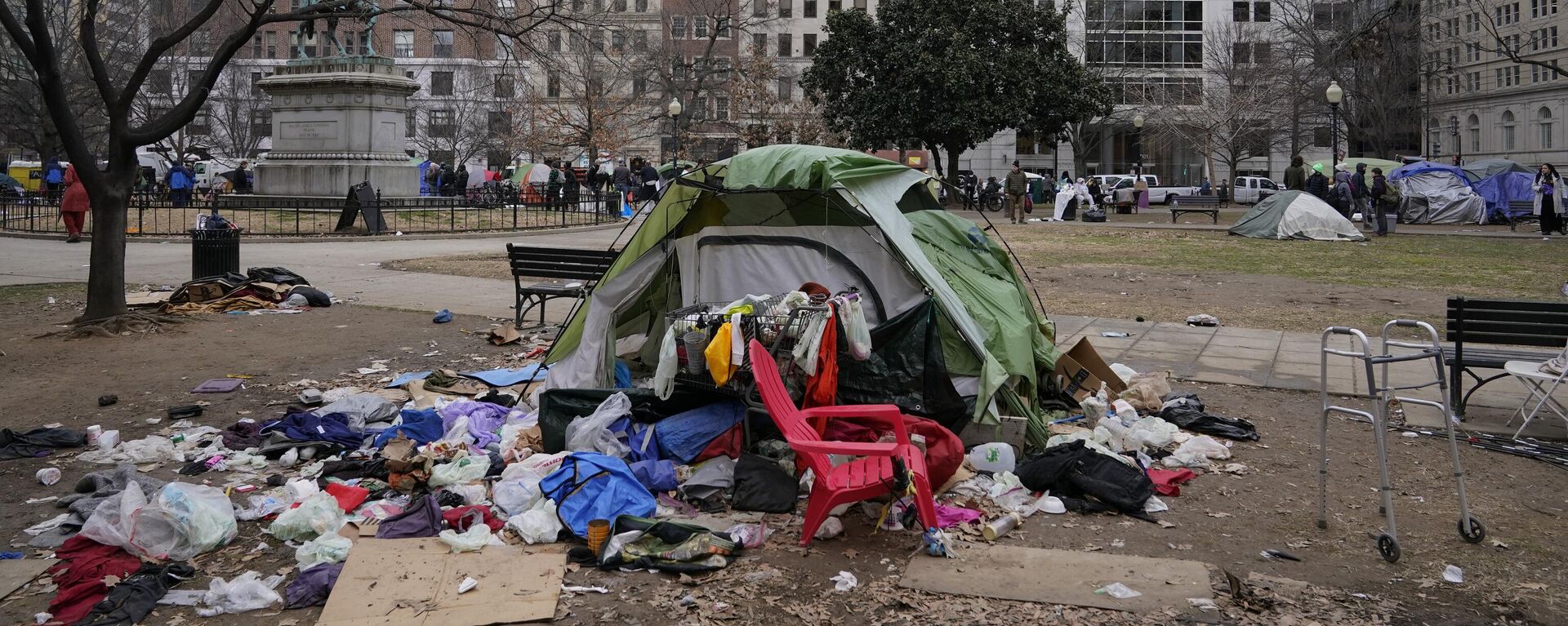Economists Expect Fed to Halt Rate Hikes After US Reports 4.0% Inflation, Lowest Since March 2021

© Sputnik / Nina Zotina
Subscribe
The US Federal Reserve’s efforts to halt inflation by raising interest rates seems to have paid off, cutting the rate of dollar depreciation in half since a year earlier. Many economic experts are now predicting the latest inflation report will only further encourage the central bank to back off from further rate hikes.
According to the latest report by the US Bureau of Labor Statistics (BLS), the United States is experiencing its lowest rate of inflation in more than two years.
The Consumer Price Index (CPI) for May 2023 was just 4.0% higher than in April 2023 prior to seasonal adjustments, the BLS said on Tuesday. That was the smallest increase in the rate of inflation since March 2021.
The change in commodity prices was not even across all sectors, with energy costs decreasing by 11.7% but the food index increasing by 6.7% over the previous year.
As compared to the previous month, prices increased in May by just 0.1%, which was not the smallest increase but was among the smallest month-to-month increase over the last year.
The 4.0% increase was slightly better than the 4.1% increase economists had predicted, and significantly lower than the 4.9% year-on-year increase recorded in April 2023, signaling that inflation is slowing at a considerable pace.
As a result, some economic observers are predicting the Fed will decline to raise interest rates at its June meeting, which also began on Tuesday.
“The encouraging trend in consumer prices will provide the Fed some leeway to keep rates unchanged this month and if the trend continues, the Fed will not likely hike for the rest of the year,” said Jeffrey Roach, chief economist at LPL Financial, as quoted in US media.
Indeed, in late May, several senior Federal Reserve officials already had similar expectations. Philadelphia Fed President Patrick Harker said “we really should skip, not pause, but skip an increase” in June.
Philip Jefferson, a member of the Fed’s Board of Governors, also said at the time that “a decision to hold our policy rate constant at a coming meeting should not be interpreted to mean that we have reached the peak rate for this cycle. Indeed, skipping a rate hike at a coming meeting would allow the Committee to see more data before making decisions about the extent of additional policy firming.”
However, the Fed’s stated goal is to reduce inflation to just 2%, meaning the battle is far from over.
Sarah House, a senior economist at Wells Fargo, cautioned that “directional progress should not be confused with mission accomplished.”
“It’s a fine report,” she said, “but I still think it keeps the Fed on edge.”
Last month, the Fed raised its benchmark interest rate to between 5% and 5.25%, its highest level in 16 years.
A year ago in June 2022, the inflationary spiral set in motion by the COVID-19 pandemic reached its nadir, with a 9.1% increase in prices over June 2021. However, the Fed had already begun ratcheting up interest rates after inflation hit a 40-year high in January 2022, after having tolerated high inflation as the cost of keeping markets stable amid the continued recovery from the economic crash caused by COVID-19 lockdowns in February-April of 2020. That crash destroyed more than one-third of the New York Stock Exchange’s value and thrust 40 million Americans into unemployment.
The US national unemployment rate sits at a historically low 3.7%, but increasing interest rates is known to trigger higher unemployment and carries the risk of triggering a recession, too, which many top financiers still expect later this year.
Research released on Tuesday by David Rosenberg, the former chief North American economist at Merrill Lynch who is now the president of Toronto-based Rosenberg Research, noted that since 1950, 11 out of 14 rate-hike cycles have ended in recessions.



